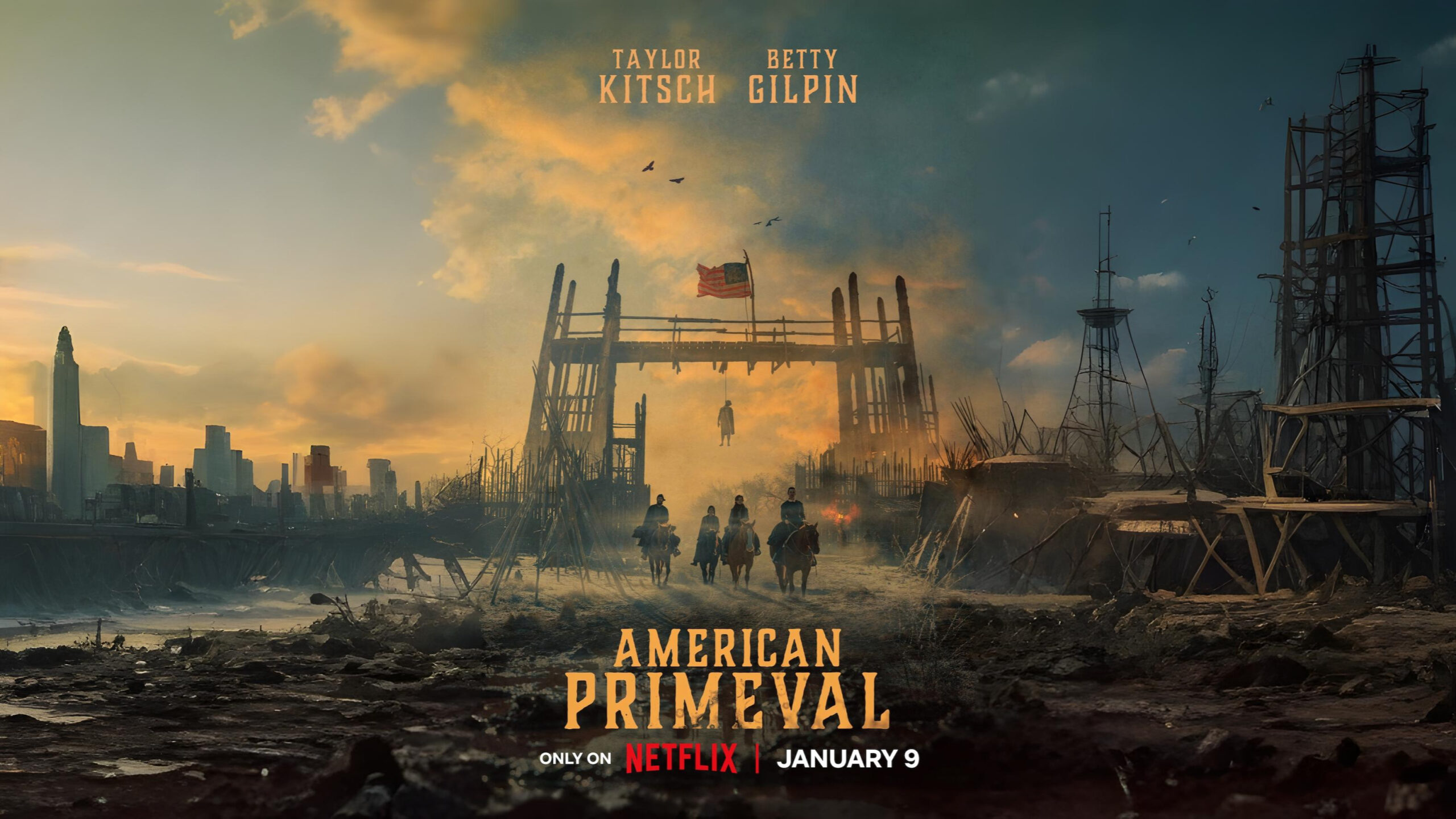“American Primeval” refers to the earliest stages of America’s history, long before the country became what it is today. It captures the raw and untamed land, the first people who lived there, and the early settlers who shaped its future. The word “primeval” means ancient or original, making this term perfect for describing America’s beginnings.
The Land Before Colonization
Before European settlers arrived, the land that is now the United States was vast, wild, and untouched by modern civilization. It was covered with thick forests, open plains, and deep rivers. Animals roamed freely, and nature ruled everything. This time was when the Native American tribes lived in harmony with the land, using its resources wisely to survive.
The First Inhabitants: Native Americans
Native Americans were the original people of America. They lived in different regions, each with its own way of life. Some tribes, like the Apache and Comanche, were skilled hunters, while others, like the Iroquois and Cherokee, built villages and farmed the land. They respected nature and used it carefully, ensuring there was enough for future generations. Their traditions, stories, and way of life helped shape the culture of early America.
The Arrival of European Explorers
The first Europeans to explore America were looking for wealth, land, and new opportunities. Christopher Columbus arrived in 1492, but he was not the only explorer. Other adventurers, such as Hernando de Soto, John Smith, and Henry Hudson, traveled across the land, making contact with Native American tribes. These encounters changed history forever, as they led to both cooperation and conflict between the two groups.
The Harsh Life of Early Settlers
When European settlers arrived, they faced many difficulties. The land was wild and unfamiliar, making it hard to grow food and build homes. Harsh winters, disease, and attacks from rival groups made life dangerous. Despite these struggles, settlers pushed forward, determined to create a new life in America. They cleared forests, built farms, and established small towns that later grew into major cities.
The Role of Fur Traders and Frontiersmen
Fur traders and frontiersmen played a major role in the early days of America. They traveled deep into the wilderness, trading goods with Native American tribes and exploring unknown lands. These men were tough and independent, often living alone in the forests or mountains. They mapped new territories and helped expand the settlements further west.
The Importance of the Mississippi River
The Mississippi River was a vital lifeline in primeval America. It provided water, transportation, and a way for people to trade goods. Native Americans used the river for fishing and travel, while early settlers relied on it to transport supplies. Later, steamboats made travel faster, helping more people move west and settle new lands.
The Harsh Reality of Survival
Life in early America was not easy. Settlers had to build their own homes, hunt for food, and protect themselves from dangers. Diseases were common, and medical care was almost nonexistent. Families had to rely on each other and their own skills to survive. This period of hardship shaped the strong and independent spirit that many associate with early America.
The Role of Women in Primeval America
Women played an essential role in early American life. They took care of the home, cooked food, and raised children. Many also worked on farms, tended animals, and even helped defend their homes when needed. Some women, like Sacagawea and Pocahontas, played important roles in helping settlers and explorers survive in the new land.
The Conflict Between Settlers and Native Americans
As settlers moved further into Native American lands, conflicts arose. Many Native American tribes tried to defend their homes and way of life, leading to wars and battles. Some groups, like the Cherokee, tried to live peacefully with settlers, while others, like the Sioux, fought to protect their land. These conflicts shaped the future of America and led to major changes for both Native Americans and settlers.
The Influence of Religion in Early America
Religion played a big role in primeval America. Many settlers came to America for religious freedom, escaping persecution in Europe. Churches were among the first buildings in new towns, and faith was a major part of everyday life. Native Americans had their own spiritual beliefs, which were deeply connected to nature. Over time, different religious traditions mixed, creating a unique spiritual landscape in America.
The Role of Animals in Early America
Animals were crucial for survival in primeval America. Horses helped settlers travel long distances, while oxen and mules were used for farming. Buffalo provided food, clothing, and shelter for Native American tribes, while deer and fish were common food sources. Without animals, survival in early America would have been nearly impossible.
The Expansion Westward
As settlers pushed westward, new territories were explored and settled. The idea of Manifest Destiny—the belief that Americans were meant to expand across the continent—drove many people to leave their homes and seek new opportunities. This expansion led to the growth of cities, new industries, and the eventual creation of the United States as we know it today.
The Evolution of American Primeval Culture
Over time, the early ways of life in America changed. Native American cultures blended with European traditions, and new communities formed. The struggles and triumphs of early America laid the foundation for the diverse and complex society that exists today. Many of the values from primeval America, such as independence, resilience, and a connection to the land, continue to influence modern American culture.
